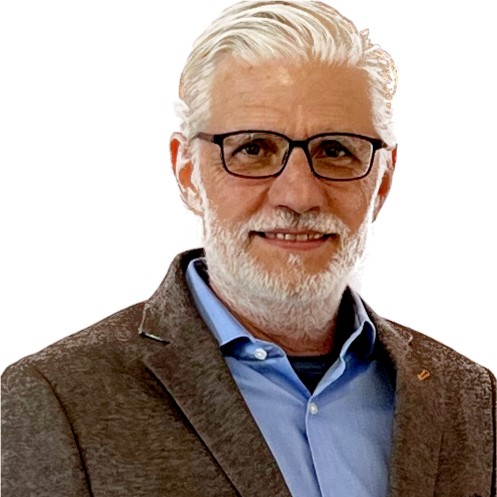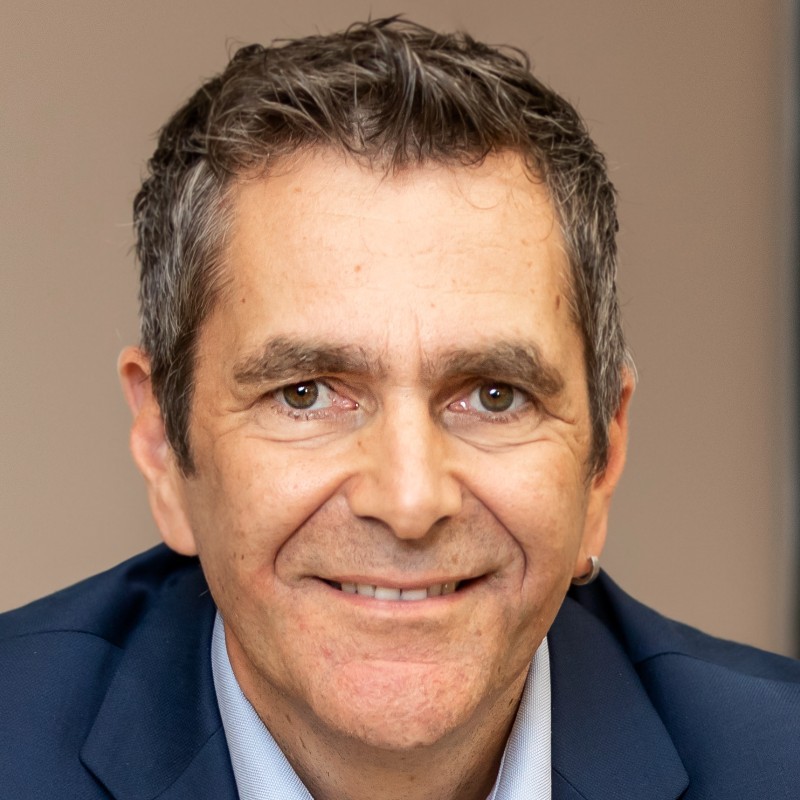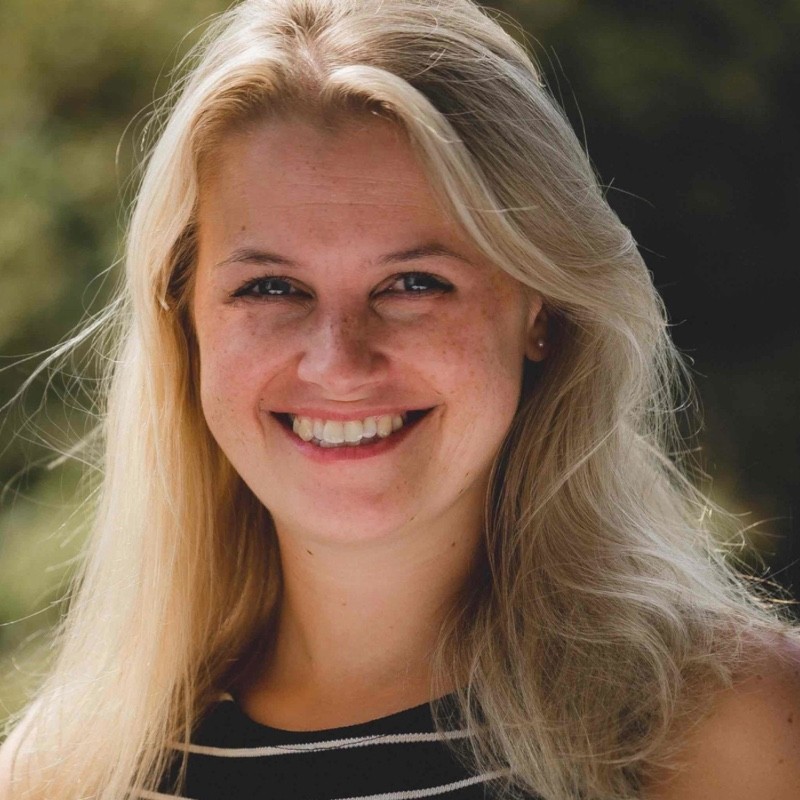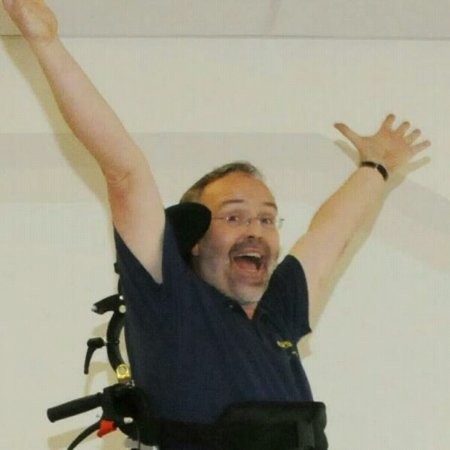Optionally with or without certificate
NOW WITH K.I. ASSISTANCE
Self-learning online program
with or without certification as a Practitioner in applied Neuroscience
It couldn’t be simpler: you decide for yourself when and how you watch the few lessons.
You only need to invest a few minutes a day in this program.
Get to know the connections, principles and mechanisms of the brain without much effort and use this knowledge in leadership, training, consulting or coaching. BRAIN FOR BUSINESS®is unique in this form, take a look around!
The following applies to learning content: as much as necessary – as little as possible.
After all, time is one of the most precious things you have!
If you wish, you can receive the PRACTITIONER IN APPLIED NEUROSCIENCE certificate after completing the program by taking an online exam.
Ask BRAINBOT, the neuroscientific A.I. assistant, questions at any time or get tips and suggestions from him – 24 hours a day, 7 days a week!
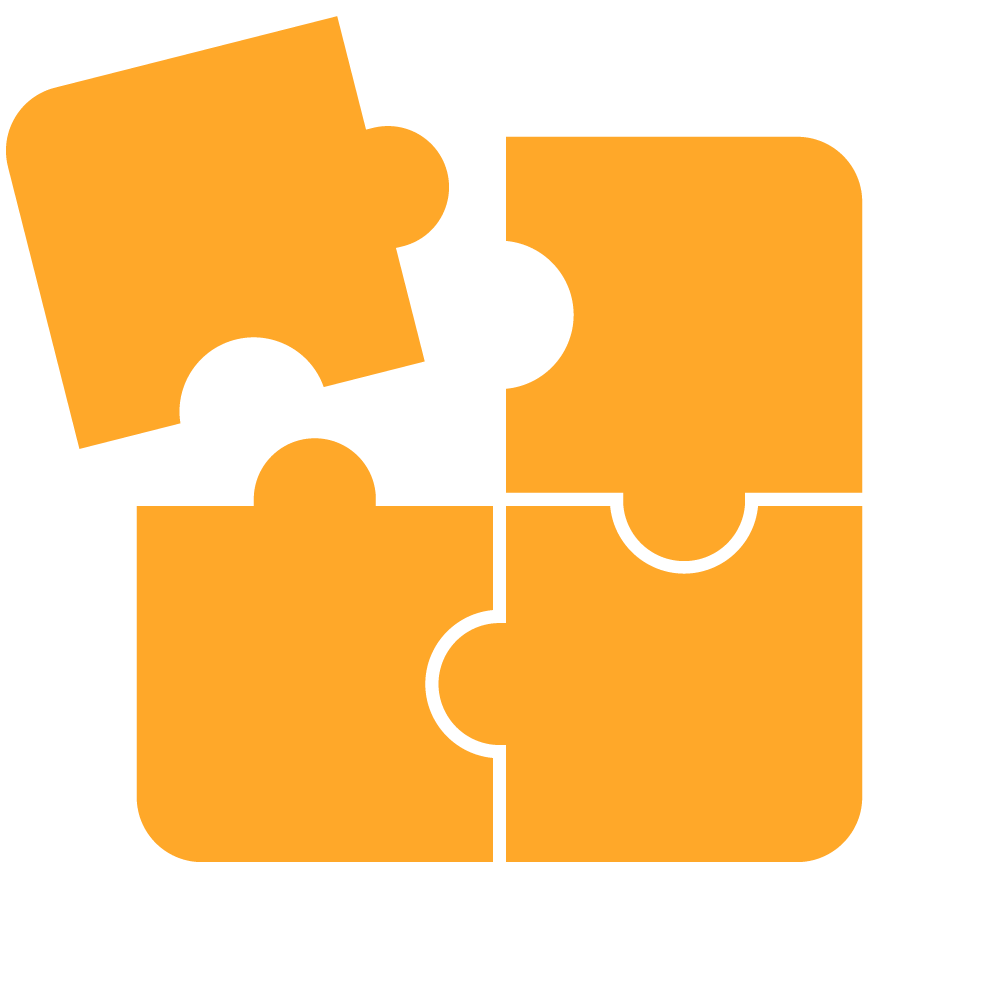
Simple and understandable
Complex issues are conveyed in a simple and understandable way, without superfluous “technical jargon”
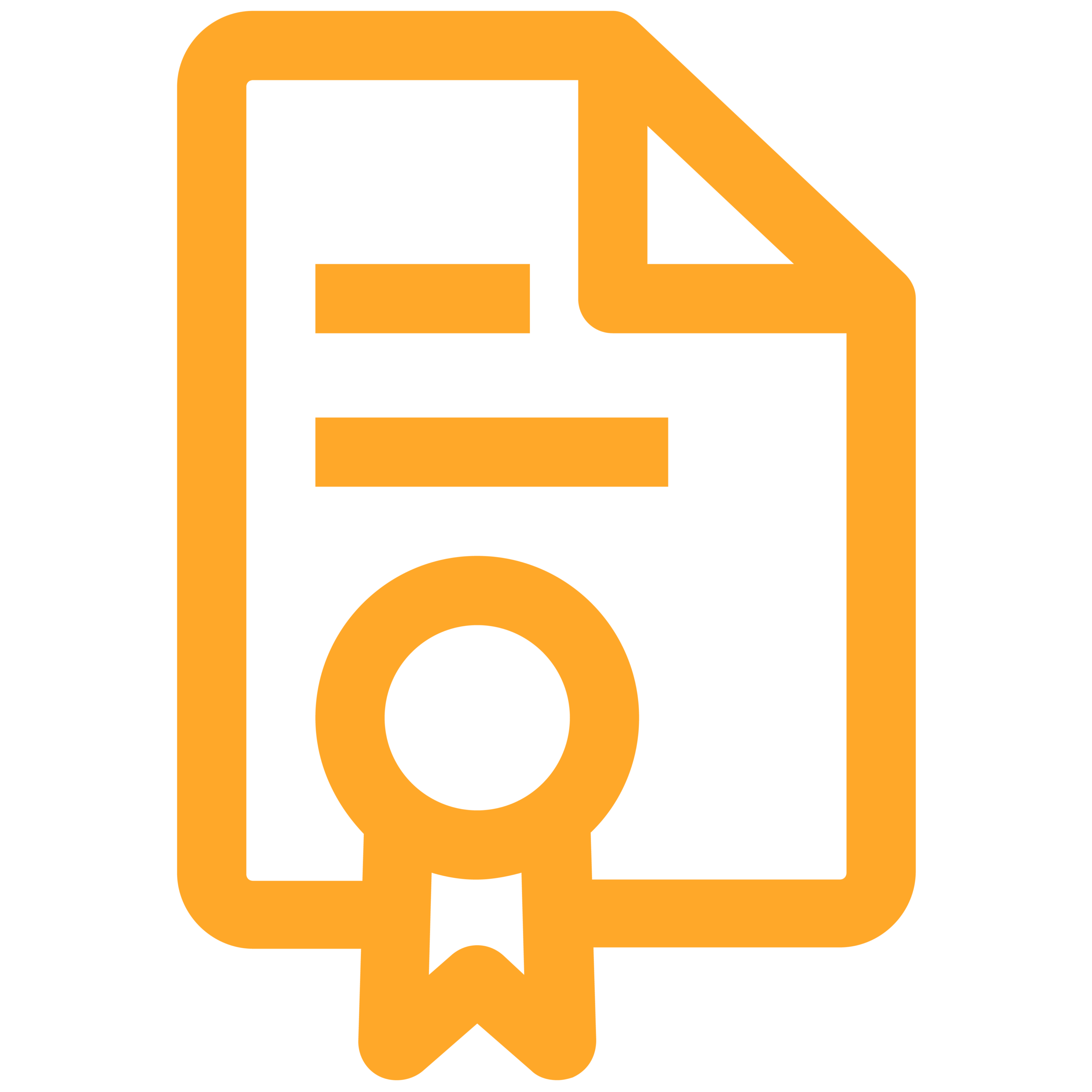
Certification optional
The optional PRACTITIONER IN APPLIED NEUROSCIENCE certificate demonstrates your neuroscientific expertise.
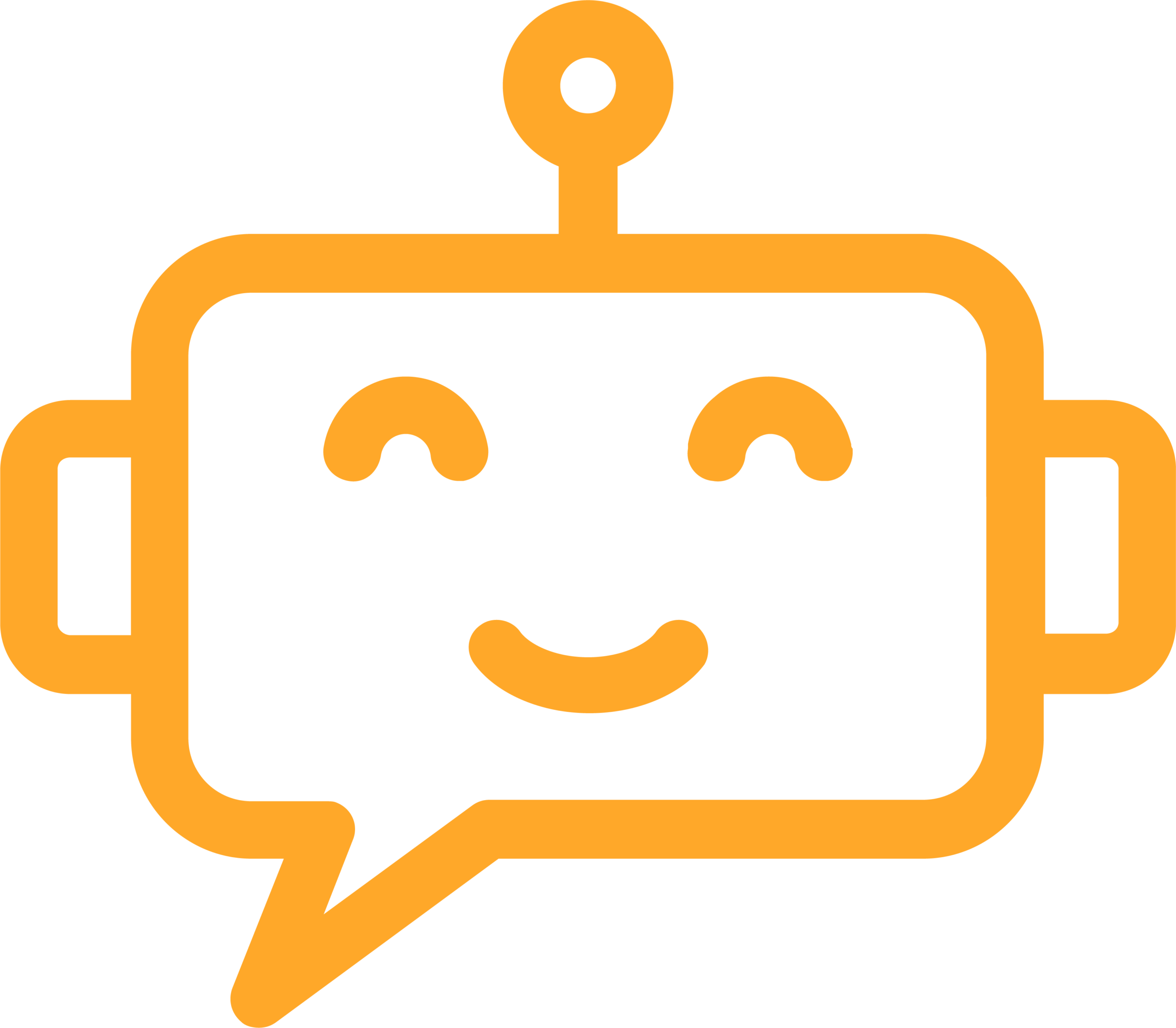
WITH K.I. ASSISTANCE
Whether you have questions or need tips and suggestions: BRAINBOT has been trained on the basis of several thousand pages of reputable sources and is available day and night.
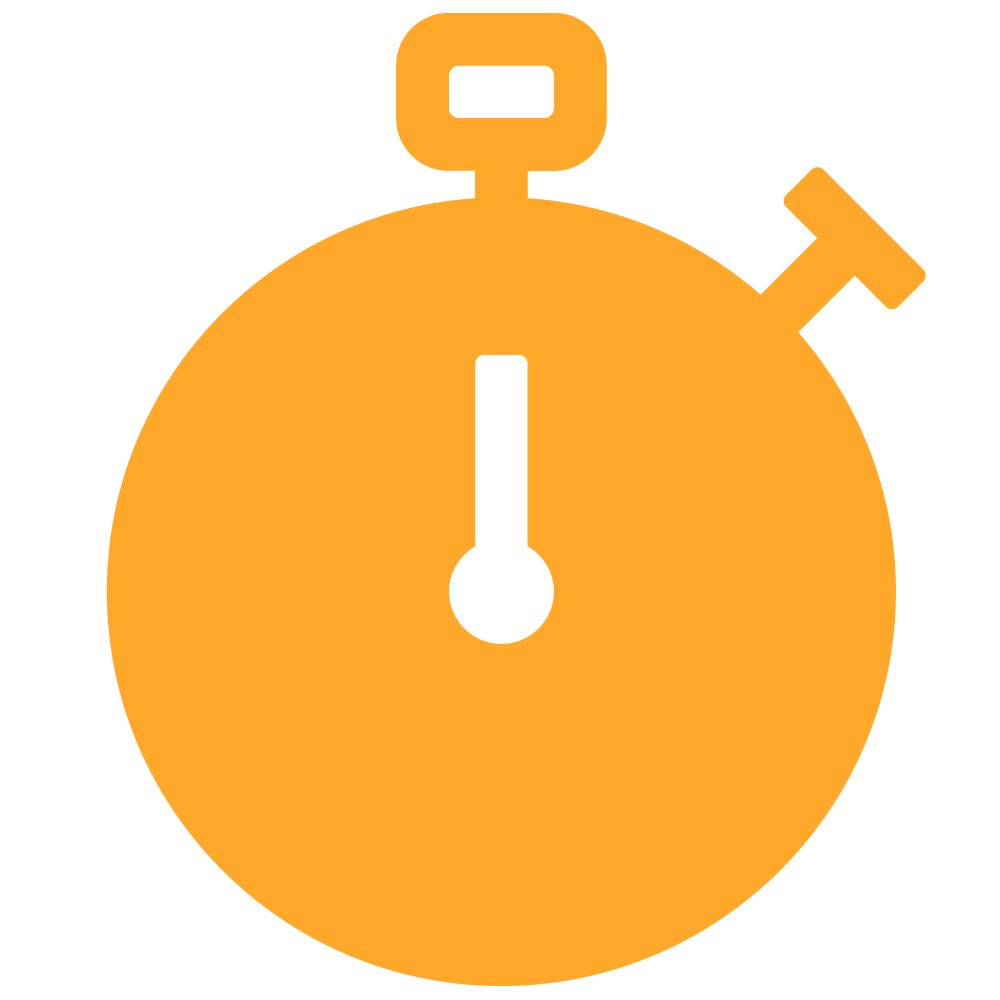
Max.
10 minutes daily
Integrate the short and minimalist animated videos into your daily routine where it suits you.
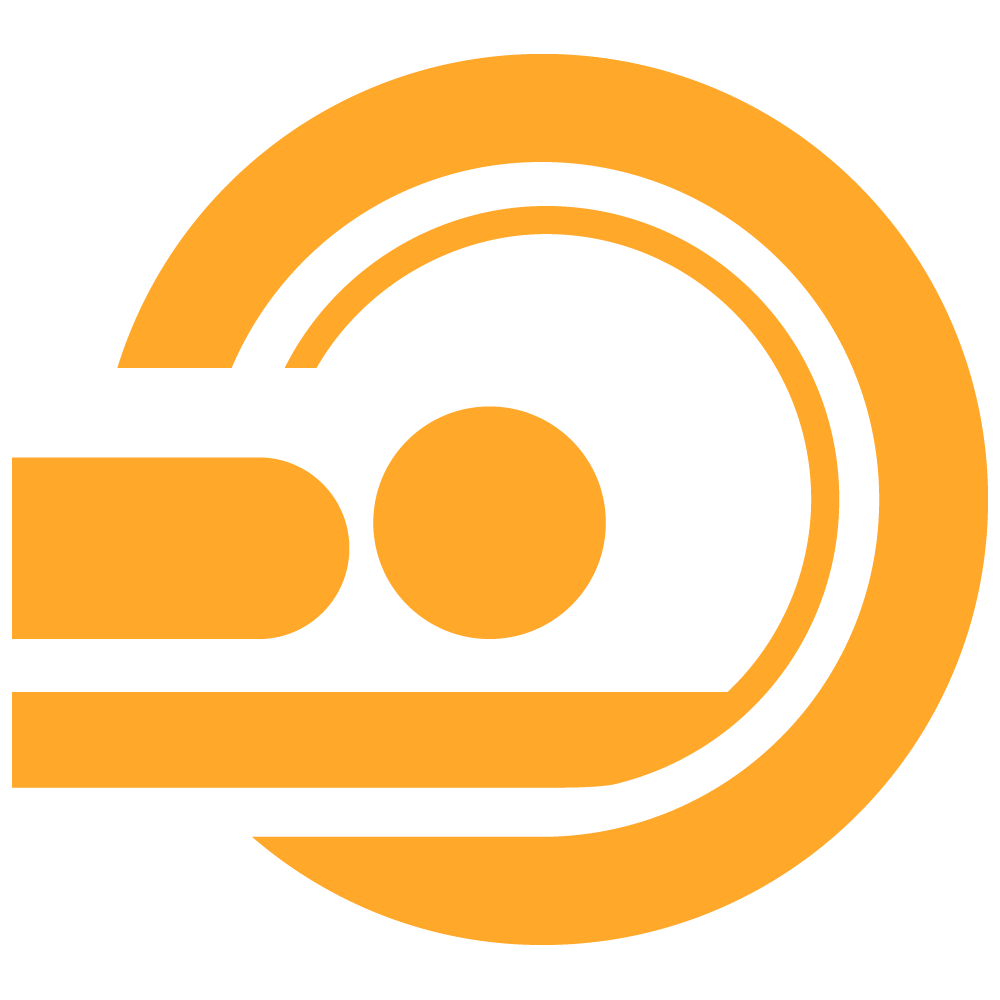
Scientifically sound
Scientific publications, certificate courses and seminars with European neuroscientists form the basis of this program.
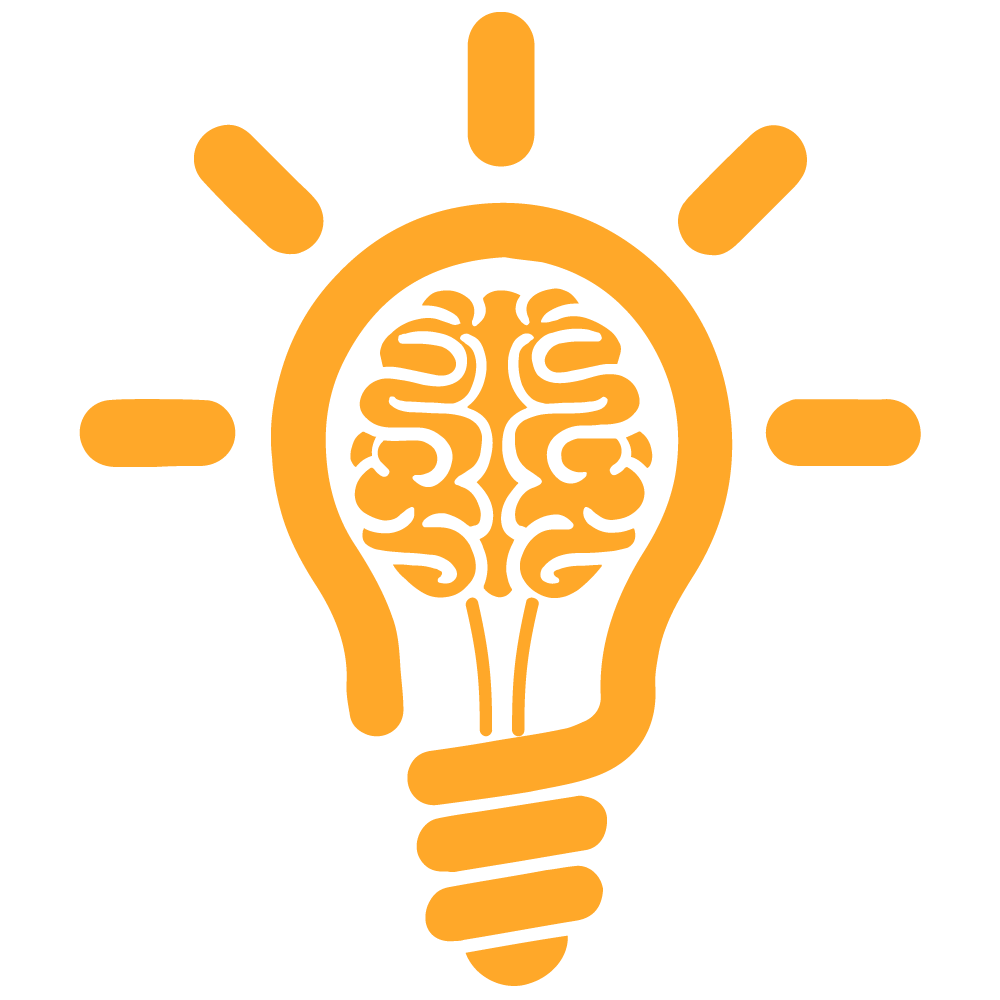
Knowledge oriented
Insights and not just knowledge!
You will develop your individual implementation in practice by asking specific key questions.
Want a taste?
The videos are kept simple and minimalist so that the animations are supportive and not distracting.
A pleasant soundscape creates a relaxed atmosphere.
See for yourself and take a look at short excerpts…
What is the real benefit?
Chapters and contents
Basics: What we should know about the brain
- 1.1 Structure of the brain: areas and functions
- 1.2 Communication in the brain: neurons and messenger substances
- 1.3 Neuronal principles: Efficiency and plasticity
- 1.4 The neuro-pyramid: three levels of influence
- 1.5 Just the tip of the iceberg: our consciousness
Perception: I see what you don't see
- 2.1 Just an illusion: interpretations instead of reality
- 2.2 Contrasts and patterns: our brain needs deviations
- 2.3 Self-manipulation: expectations influence our perception
Personality: This determines how we feel, think and act
- 3.1 Personality development: the four levels of personality
- 3.2 Basic psychological systems: Neuronal pillars of personality
- 3.3 Identity and self-perception: Who am I, and how many?
- 3.4 Intelligence: also a part of personality
- 3.5 From dynamic to stable: a neurobiologically based personality model
Decisions and behavior: Gut, heart or head?
- 4.1 How do decisions arise? Do we have free will?
- 4.2 Rational or emotional: how do we make decisions?
- 4.3 Head decisions, intuition, gut feeling: everything happens in the brain
- 4.4 The handbrake in the brain: impulse control
Learning and memory: misconceptions and false memories
- 5.1 Prediction and expectation: the brain only learns through mistakes
- 5.2 Perfect interaction: We have more than one memory
- 5.3 Deceptive memory: the phenomenon of false memories
Stress and crises: What doesn't kill us makes us stronger
- 6.1 We need stress!
But in the right doses. - 6.2 A cool crisis?
How thought patterns change the environment - 6.3 Mindfulness: countering stress with mindfulness
Motivation: the fuel of life
- 7.1 The motivational cycle: Reward expectation, stress and happiness
- 7.2 Fueling the motivational cycle: Factors for positive motivation
- 7.3 The habituation effect: the weakness of rewards
Change: The power of good habits
- 8.1 Our habits: Automated instructions for action
- 8.2 We've always done it this way... Why we find change so difficult
- 8.3 Rational and emotional: how change processes succeed
New Work: creativity, multitasking and daydreaming
- 9.1 Multitasking: we can't really do that
- 9.2 Daydreaming and the 5-hour day: our brain needs "idle time"
- 9.3 Creative flashes of inspiration: How do innovations and new ideas come about?
Neuroleadership: Aspects of brain-friendly leadership
- 10.1 Creating trust and security: Leadership from a neurobiological perspective
- 10.2 Role models and visions: the perfect leader
- 10.3 Leadership "below the surface": harnessing the power of the unconscious
- 10.4 Mindful leadership: leading mindfully
Neuromarketing: Framing, implicit codes and manipulation
- 11.1 Framing: choosing the right context
- 11.2 Navigating the brain: positioning via emotional values
- 11.3 Implicit codes: Shortcuts in the brain
- 11.4 With all senses: Emotional experiences as neuronal anchors
- 11.5 Creating trust: The longest lever for success
Boost your brain: Are there fitness programs for the brain?
- 12.1 The 10% myth: Are we not using our brains effectively enough?
- 12.2 Magical thoughts: the power of gratitude
- 12.3 Get moving!
Why our brain needs sport - 12.4 Brain food: How nutrition influences our brain
CERTIFICATION Practitioner in applied neuroscience
- Certification optional, can also be booked separately at a later date
- Online test, approx. 75 questions/tasks on the entire course content
- 90 % of the maximum number of points required

